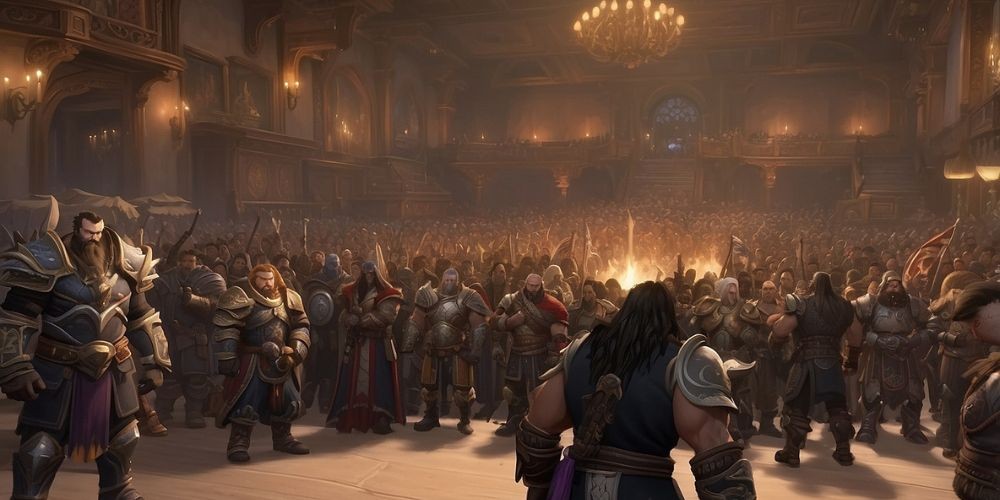26 Jul
Benjamin Carter

Days after losing a friendly race to Bethesda staff, over 500 World of Warcraft developers have unionized at Blizzard, marking a significant step in the gaming industry. The formation of this union follows Bethesda Game Studios, the first Xbox division to establish a wall-to-wall union, and highlights a growing movement within major gaming companies.
The World of Warcraft Gamemaker's Guild has partnered with the Communications Workers of America to officially announce its formation. The group proudly includes QA, Art, Sound, Design, Engineering, and Production departments, aiming to promote a more democratic workplace. This unification comes at a critical time in the gaming industry as workers seek representation and support. For the members, this is a momentous occasion as they band together for a better working environment.
Senior producer Samuel Cooper, an avid supporter of the unionization efforts, shared with IGN that there was a competitive yet friendly race between the workers unionizing at Bethesda and those at Blizzard. He expressed his happiness despite being outrun, extending huge congratulations to his counterparts. This friendly competition has led to significant advancements for workers at both companies.
Contract negotiations with Microsoft are the next major step for the union, with important discussions surrounding worker protections. Senior quest designer Paul Cox emphasized that pay equity and the flexibility to work from home are major concerns for employees. The controversial decision by Activision Blizzard to end full remote work in 2023 has heightened the importance of these negotiations.
A Microsoft spokesperson has indicated the company's commitment to supporting employees' rights to representation. They are prepared to engage in good faith negotiations with the Communications Workers of America to develop a collective bargaining agreement that benefits all parties involved. As the union moves forward, the gaming industry watches closely to see the outcomes of this significant shift towards worker representation.
